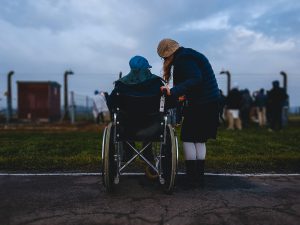
The basis for the NDIS is providing funding for someone with a permanent and significant disability to receive support considered to be reasonable and necessary. Before the first NDIS planning session we are often asked “What does reasonable and necessary mean?“.
To be considered reasonable and necessary supports or services must be related to a participant’s disability.
Your daily living expenses e.g. groceries, bills, direct school or study costs are not considered to fall into the category of reasonable and necessary.
Supports that help NDIS participants to:
- Achieve their goals and objectives
- Increase and improve their independence
- Increase community and workforce engagement
Would be considered reasonable and necessary.
When assessing participants, NDIS planners follow operational guidelines (which you can find here) to make decisions around the appropriateness of supports and services.
These reasonable and necessary supports are each linked to goals which an individual wants to achieve in the short, medium, or long term. Or may be required on an ongoing basis.
Examples of these include:
- A NDIS participant requires specialist disability accommodation as a result of their high level needs. The accommodation may be considered to be reasonable and necessary as it needs to have complete access for their wheelchair. It is necessary for the accommodation to be accessible with purpose built facilities e.g. kitchen, laundry and bathroom facilities.
- In addition to the accommodation support in activities of daily living are also required as a result of their disability.
- Each of these supports are necessary for them to achieve their ongoing goal of living independently as possible
Informal supports (family and friends) may also be taken into consideration when determining whether a support or service is reasonable and necessary.



